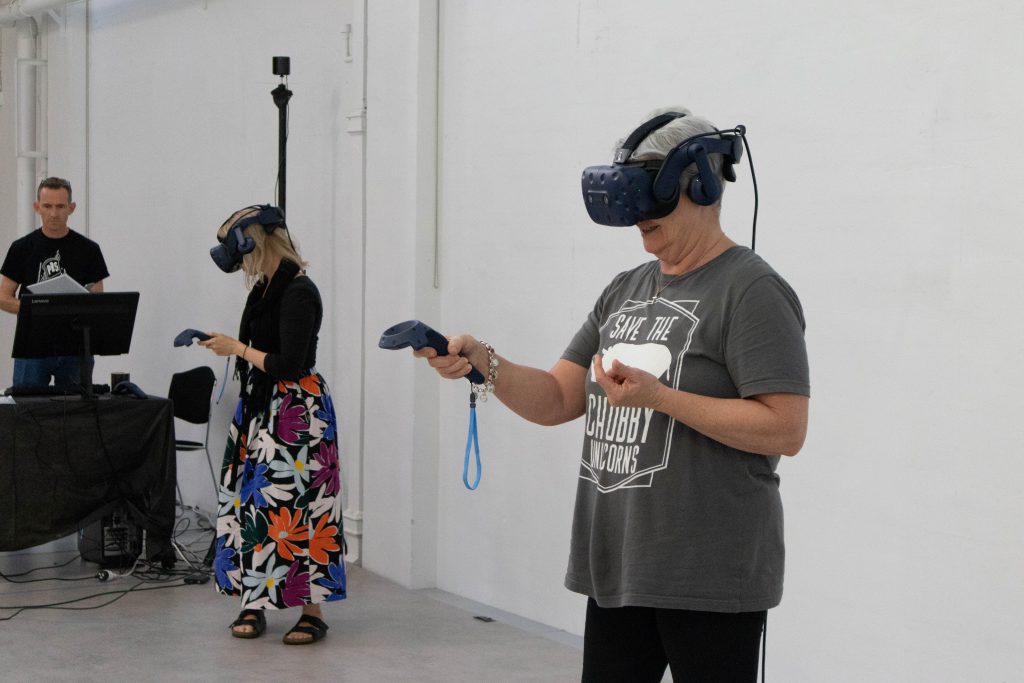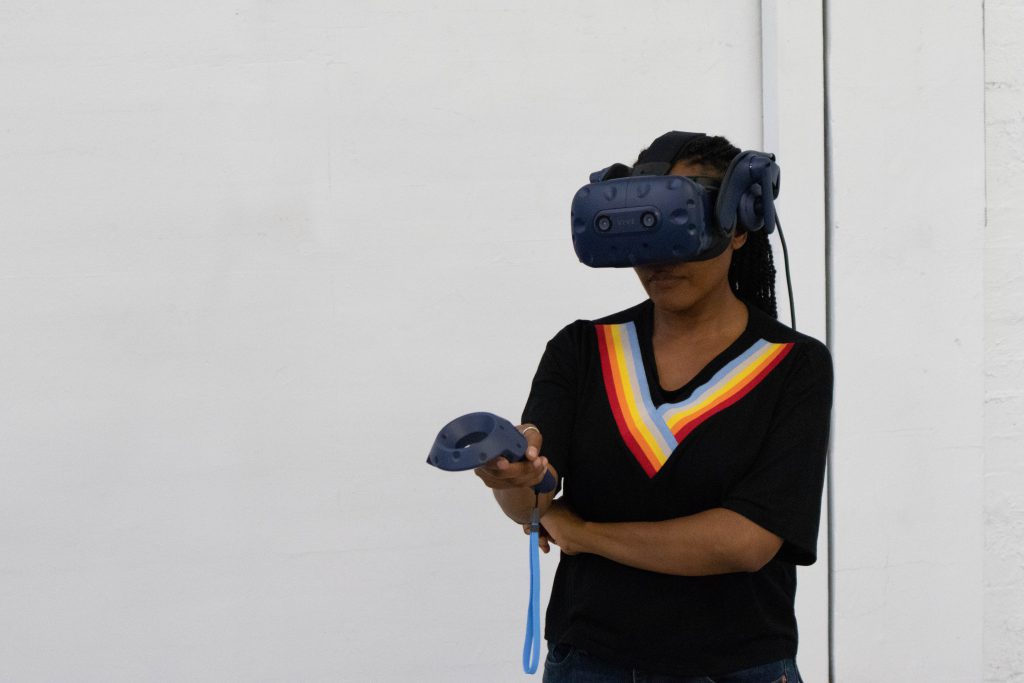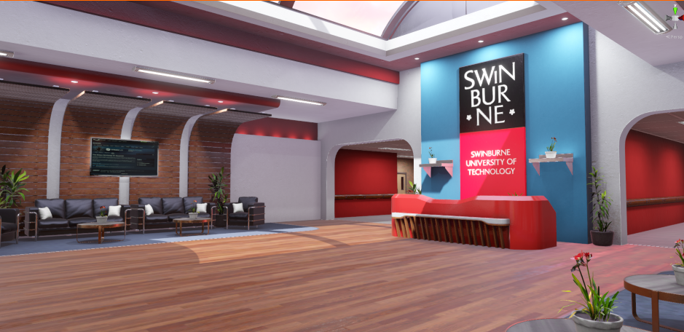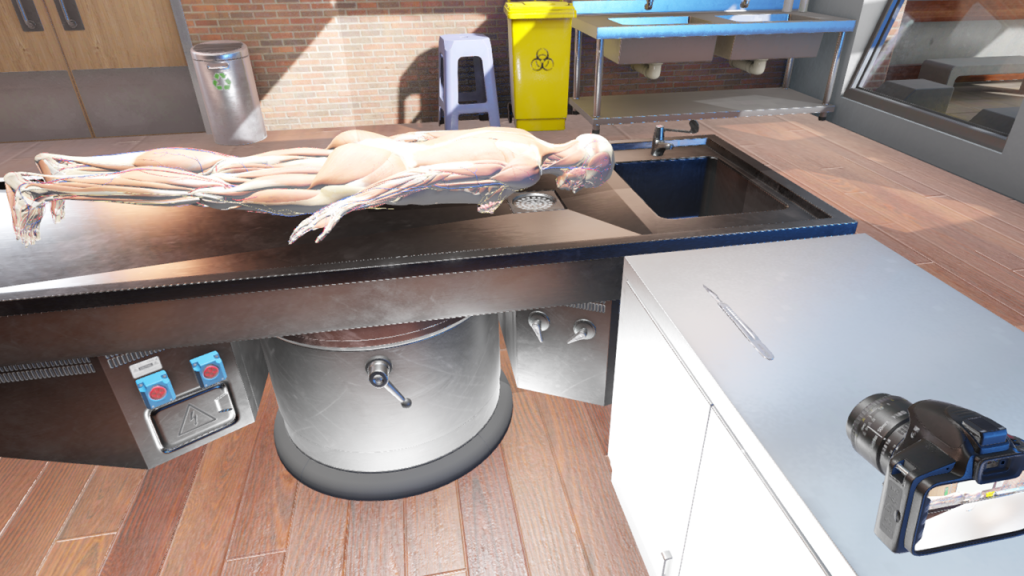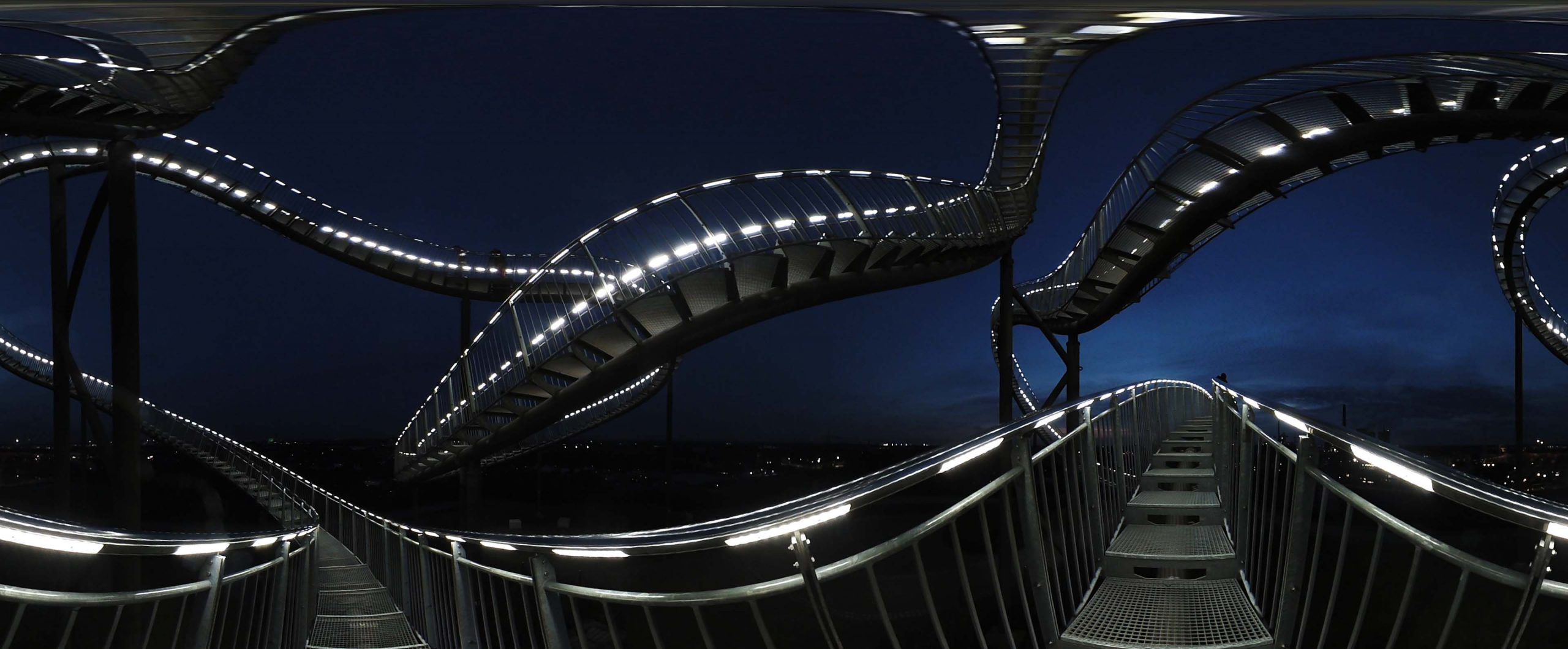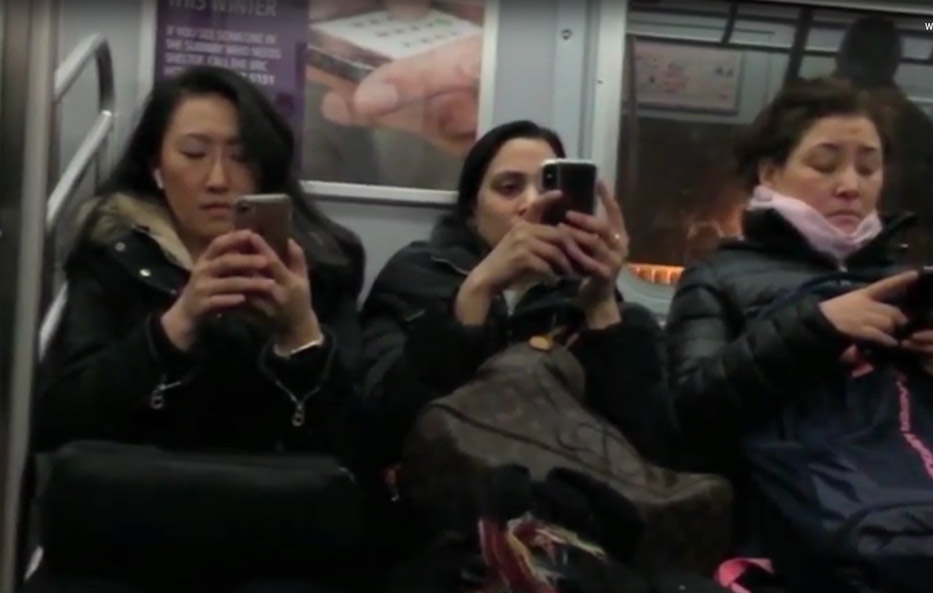
La Comédie Virtuelle (Multi-user VR) - Gilles Jobin - Venice Film Festival VR Expanded
The Embodied Movement Design team is currently working with award-winning Swiss choreographer Gilles Jobin and Australian dancer Victoria Chiu to present a multi-user VR work at the 2020 Venice VR Expanded.
The work unites dancers from three parts of the world – Geneva, Sydney and Bangalore – within a real-time VR environment. The audience also views the work in VR.
This work represents a major step forward in linking dancers and audiences around the work at a time when the COVID-19 crisis has all but severed our international connections. La Comédie Virtuelle enacts a vision shared by Gilles Jobin and the international collaborators on this project of the power of immersive and interactive technologies to generate new aesthetics and new ways of working and collaborating across the dance world.
Partners
Companie Cie Gilles Jobin
Victoria Chiu
Venice Film Festival – VR Expanded
Viga Entertainment, Bangalore
Full production information: https://www.gillesjobin.com/en/creation/virtual-comedie/
Investigators
Kim Vincs
John McCormick
Stephen Jeal
Joshua Reason
Adam Carr
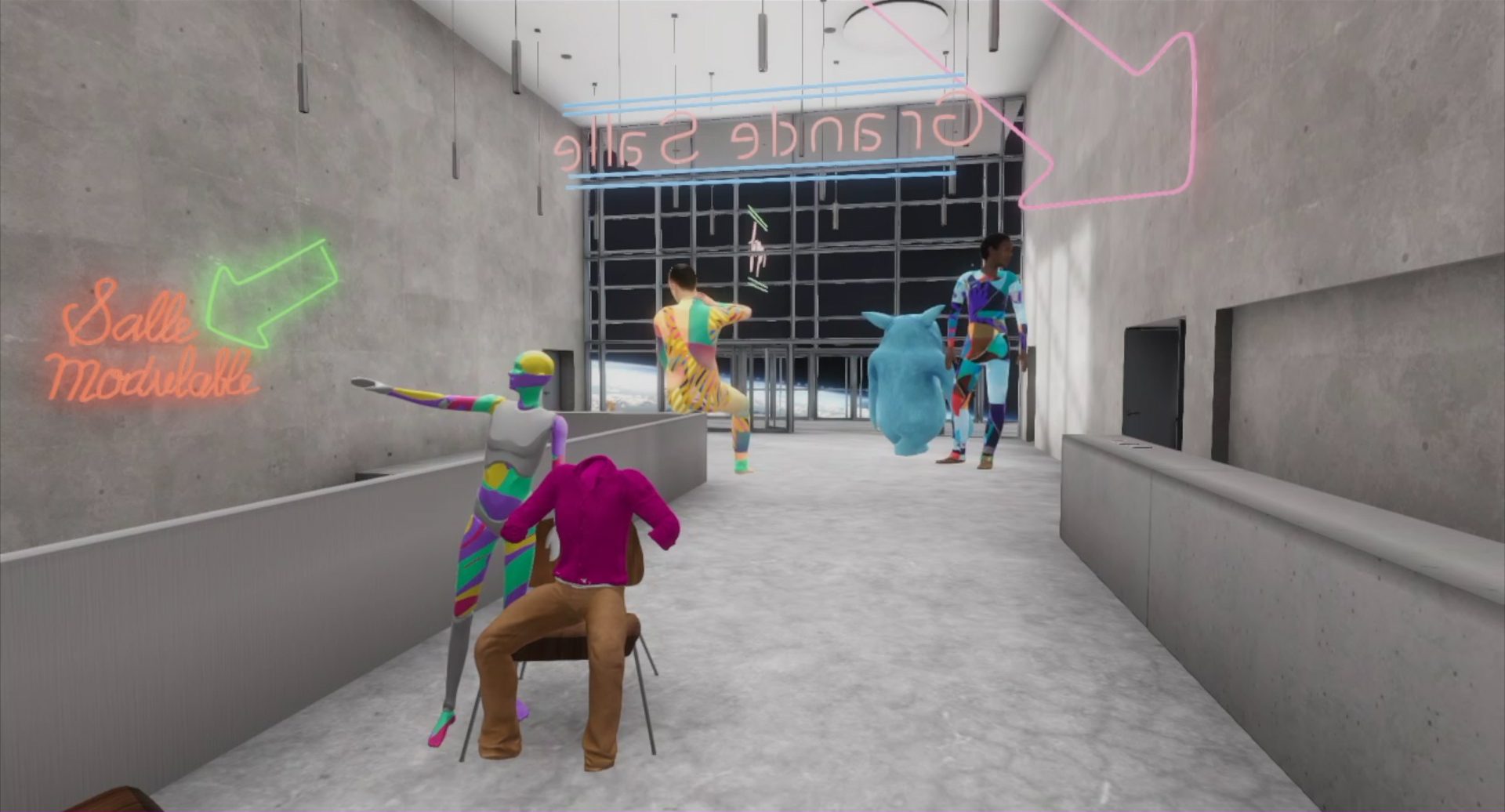

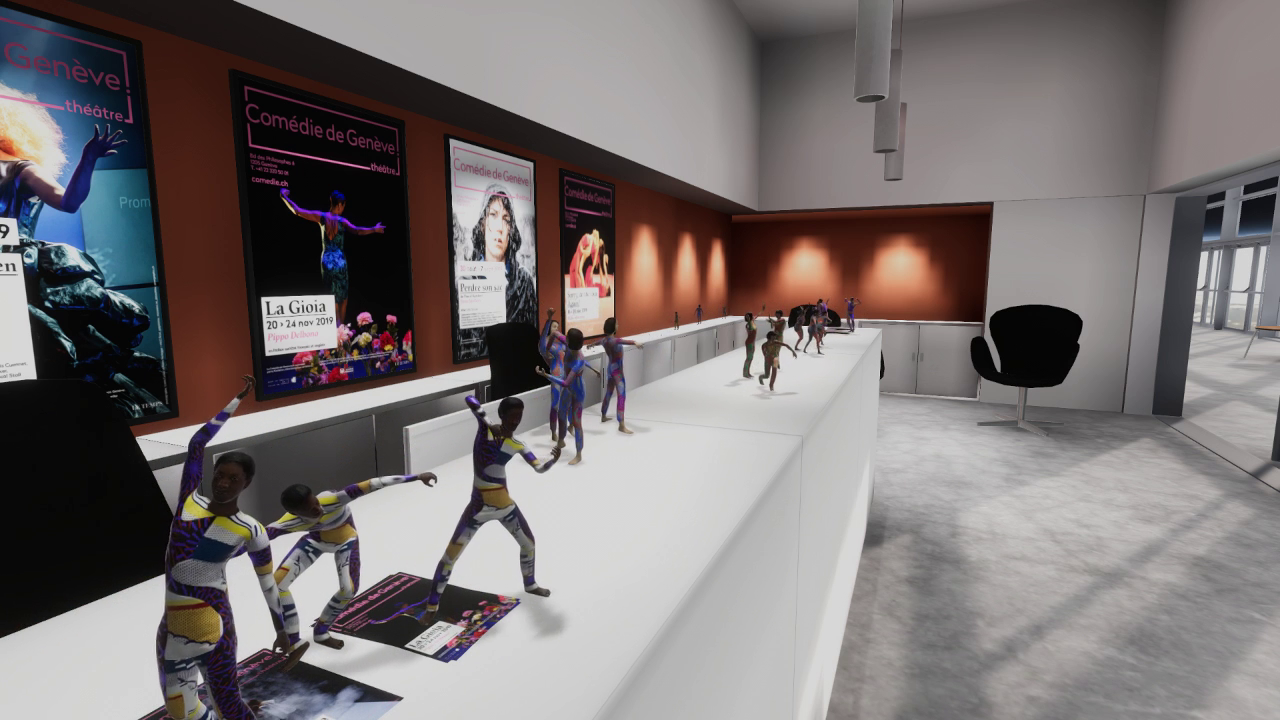
Gilles Jobin and his digital dance company created La comédie virtuelle, the digital model of la comédie, a real theatre being built in Geneva. La comédie virtuelle is a multi user social experience accessible in VR and with desktops computers. Just like a real theatre, audience, represented as avatars, can gather together to visit the building, talk to each other, interact and assist to performances in real time. After its inauguration La comédie virtuelle will function as an active XR hub for research and production for the regular digital program of la comédie in Geneva. For the Venice Biennale, Gilles Jobin and his digital dance company present a live performance in real time everyday of the festival.
Kim Vincs and the EMD studio team are collaborating with Gilles Jobin to enable Victorian dancer, Victoria Chiu, to perform in the work from Sydney, alongside Diya Naidu, working with Viga Entertainment in Bangalore, and dancers Susana Panadés Diaz, Rudi van der Merwe, József Trefeli in Geneva.
Related Projects













